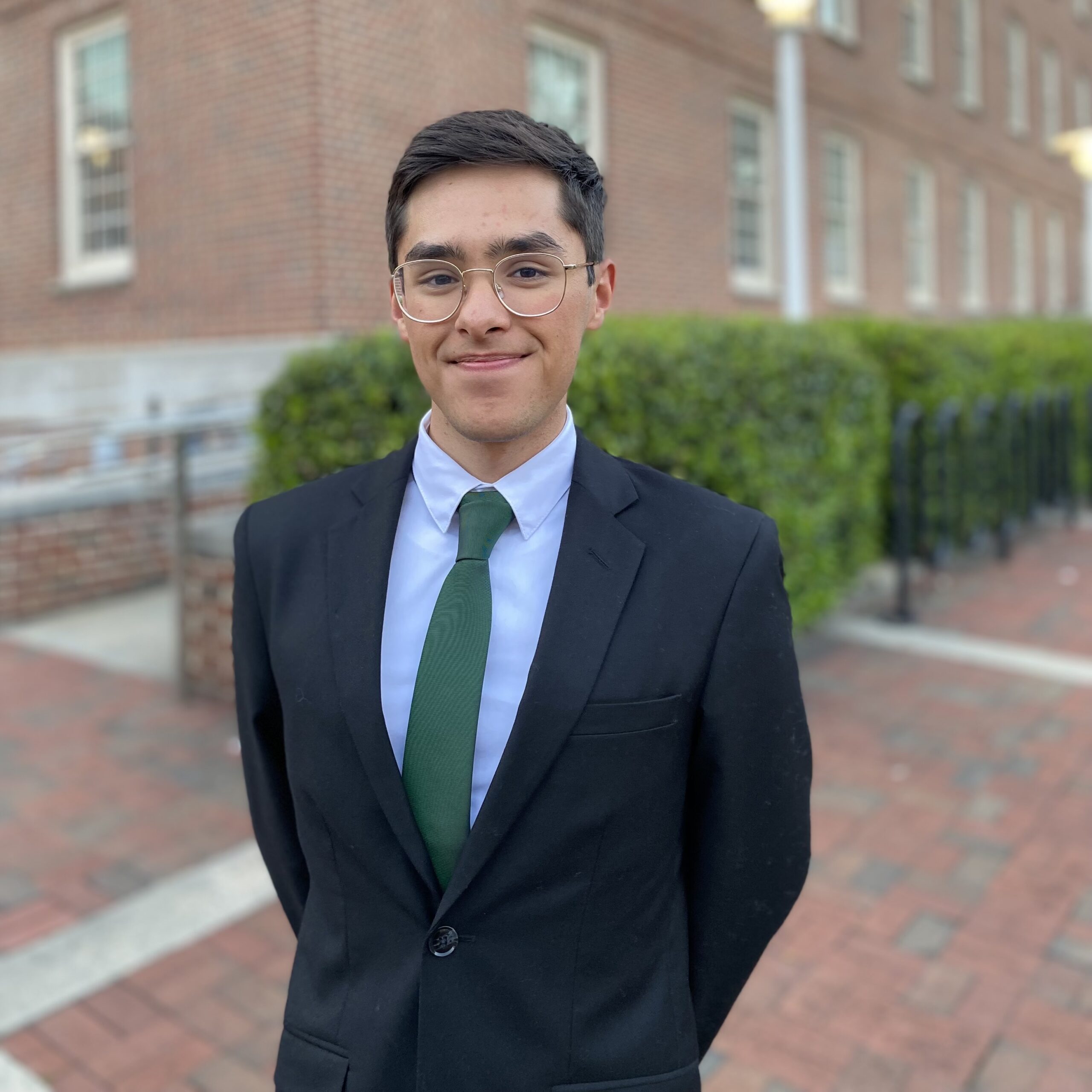Join us online July 26 at 11 a.m. EDT as the 2023 Zero Hunger Summer Seminars conclude with final presentations from this year’s class of Zero Hunger Interns. The interns will share research focused on a hunger-related issue of their choice, providing recommendations for practical solutions for reducing food insecurity.
Watch the Zero Hunger Interns’ presentations live below:
Presentation Topics
West Coast
Erin Katahira, Sabine Umuhire Girubuntu, Lauryn White
“We would like our hunger problem to address gestational malnutrition in the country of Rwanda. We decided to focus our hunger problem on gestational malnutrition because we feel there is a gap in knowledge on the topic, and we understand that the impact of nutrition seen in-utero and its effect on the long-term healthy development of a child cannot be overstated. According to the World Food Program USA, malnutrition in the first 1,000 days of life (from conception to the second birthday) can lead to severe consequences, like stunting, wasting, and hidden hunger. We want to streamline our efforts towards the country of Rwanda because they are currently facing the worst humanitarian hunger crisis in the world, and policy efforts must be made to improve the dire circumstances they currently face.”
Midwest
Ignacia Mendez, Daniel Zavala Paramo, Livie Nute, Patience Lightfoot
“The approach that we are considering is to place focus on the conditions that make farming towns vulnerable to food insecurity (the upstream determinants). For example, we are hoping to discuss how these towns have the highest rate of population loss — working age populations are moving to the East or West — which leaves an aged population with less social support and economic growth. Another example is how the format of midwestern agriculture has moved from small family farms to monoculture landscapes owned by a concentrated group. Then discussing how this has negatively impacted labor conditions and economic vitality of old farming towns.”
South
Garreth Bartholomew, Fawad Mohammadi
“Cultural Competency within Food Accessibility in the New South. We are exploring the concept of ‘cultural competency’ in food – what does it mean, what does it look like, how is has food policy like post-pandemic child nutrition programs integrated the concept. Drawing on our experiences given our internships and interviews within our organizations on how complicated culturally appropriate food is on an international nutrition scale. We then examine the issue of culturally appropriate food accessibility domestically, focusing on the South, where diversity in food choices is often limited in spaces such as campus dining halls and food pantries. We discuss efforts to make culturally relevant and appropriate food accessible to students and pantry clients, using case studies such as the potential and pitfalls of integrating Halal food in these spaces.”
Northeast
Evyn Appel, Nerissa Ng, Olivier Bradley, Khadija Rashid
“We are in the Northeast region and will be focusing on college food insecurity. Education has often been cited as a great equalizer, but it cannot be achieved effectively or equitably without systems in place to ensure that all students can meet their basic needs. The Northeast has a high concentration of high-tier universities, which tend to have a greater proportion of higher-income students, creating a wealth disparity in college communities. This can negatively impact the ability of lower-income students to regularly procure healthy meals, therefore inhibiting their ability to reach their maximum academic potential.”
The 6th Class of Zero Hunger Interns

Evyn Appel

Garreth Bartholomew

Olivier Bradley

Erin Katahira

Patience Lightfoot

Ignacia Méndez

Fawad Mohammadi

Nerissa Ng

Livie Nute

Khadija Rashid

Sabine Umuhire

Lauryn White

Daniel Zavala Paramo
The Seminars are part of Zero Hunger Academy, the Hunger Center’s online learning hub. College students, summer interns, and volunteers are especially encouraged to tune in.
Thank You


